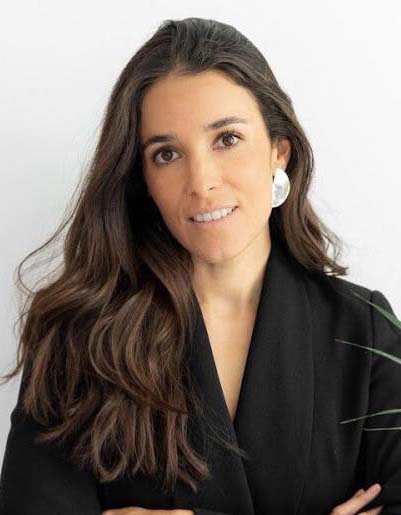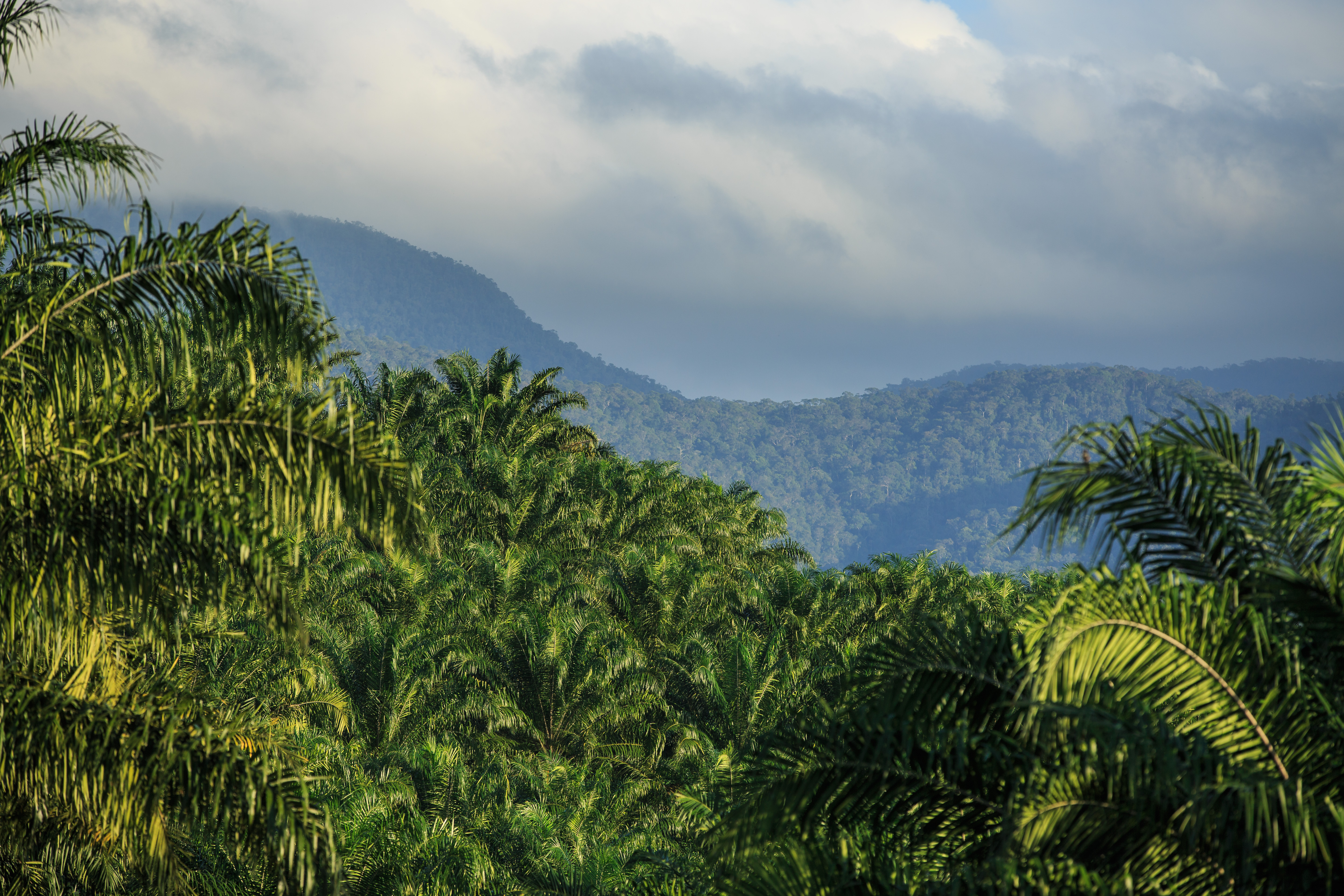1.Can you tell us more about the work of the High Conservation Value Network?
We are a global, member-based organisation that promotes the High Conservation Value (HCV) approach, a unique three-step methodology that helps plan plantations in a socially and environmentally responsible way. The HCV Network actively works with the oil palm, forestry, sugarcane, cotton and aquaculture sectors. With our Members and partners, we are currently working on:
- Ensuring the robust identification of High Conservation Values through the HCV Assessor Licensing Scheme (ALS), licencing HCV assessors and monitoring the quality of their work over time.
- Developing guidance on how to identify, manage and monitor HCVs at jurisdictional/landscape level scales. This work is being support by one of our members, GIZ (German Cooperation Agency). The product of this work will be useful to the oil palm sector which is one of the innovative sectors engaged in jurisdictional approach projects.
- Risk-based identification of HCVs, which is useful for contexts in which HCV assessments through the ALS are not always the best option, such as in smallholder contexts.
- Remote monitoring of HCV Areas identified in HCV assessments using the Global Forest Watch platform.
We have many other exciting and important projects, all identified though the guidance and input from our Members and supporters. The Network secretariat is a small global team, who implement these projects and decisions made by the elected Management Committee.
2. How has identifying, managing and monitoring these areas been a key step forward in strengthening forestry and agricultural commodity standards?
RSPO was a pioneer in requiring quality assurance of HCV assessments through the HCV Assessor Licensing Scheme (ALS). This was a major step forward in terms of transparency and credibility of the standard.
Since the ALS was launched in 2014, substantial progress has been made in improving the quality of HCV assessments, which is an important first step to make sure that new oil palm plantings globally do not damage or destroy social and environmental HCVs.
However, there is still a lot of work to be done. The good news is now that we have a system to ensure that HCVs have been adequately identified, we can step up our efforts, in collaboration with RSPO growers and other stakeholders, to raise the quality of management and monitoring practices on the ground. This will help ensure that HCVs and HCV areas are protected in the long-term.
3. You are part of the RSPO Biodiversity & HCV Working Group, what are some of the challenges have you have faced and overcome through a multi-stakeholder approach within this role?
The HCV Network is an 'invited expert' in the RSPO Biodiversity and HCV Working Group. Our role is to support the working group in all technical aspects related to the implementation of HCV-related Principles and Criteria. We have contributed to the development of key procedures in RSPO, such as the Remediation and Compensation Procedure and the New Plantings Procedure (NPP).
An upcoming challenge will be to support the working group in technical aspects related to the implementation of integrated HCV-HCSA assessment requirements, which are included in the revised RSPO P&C.
4. Will the revision of the RSPO Principles and Criteria address deforestation and peatland protection?
The HCV Network has been collaborating with the High Carbon Stock Approach (HCSA) since the approach was first developed back in 2013 because we are convinced that the protection of HCVs alongside HCS forests and peatlands is necessary to tackle global environmental challenges and meet the provisions of the Paris Agreement, the New York Declaration of Forests, and the UN Sustainable Development Goals.
HCV-HCSA Assessment requirements will help strengthen the credibility and robustness of the RSPO standard. However, there are still many unresolved challenges, such as how to balance deforestation commitments and the much needed economic development in High Forest Cover countries, smallholder inclusion, and how to attract the large share of players in the oil palm market who are not yet socially and environmentally responsible.
5. What can consumers do to help prevent agricultural deforestation?
By consuming less and when consuming, choosing socially and environmentally responsible options. Research indicates that most countries satisfy the basic needs of their citizens at a level of resource-use that is far beyond what is globally sustainable. Unless consumption is drastically slowed down it will be difficult to entirely halt deforestation and avoid reaching planetary boundaries.



